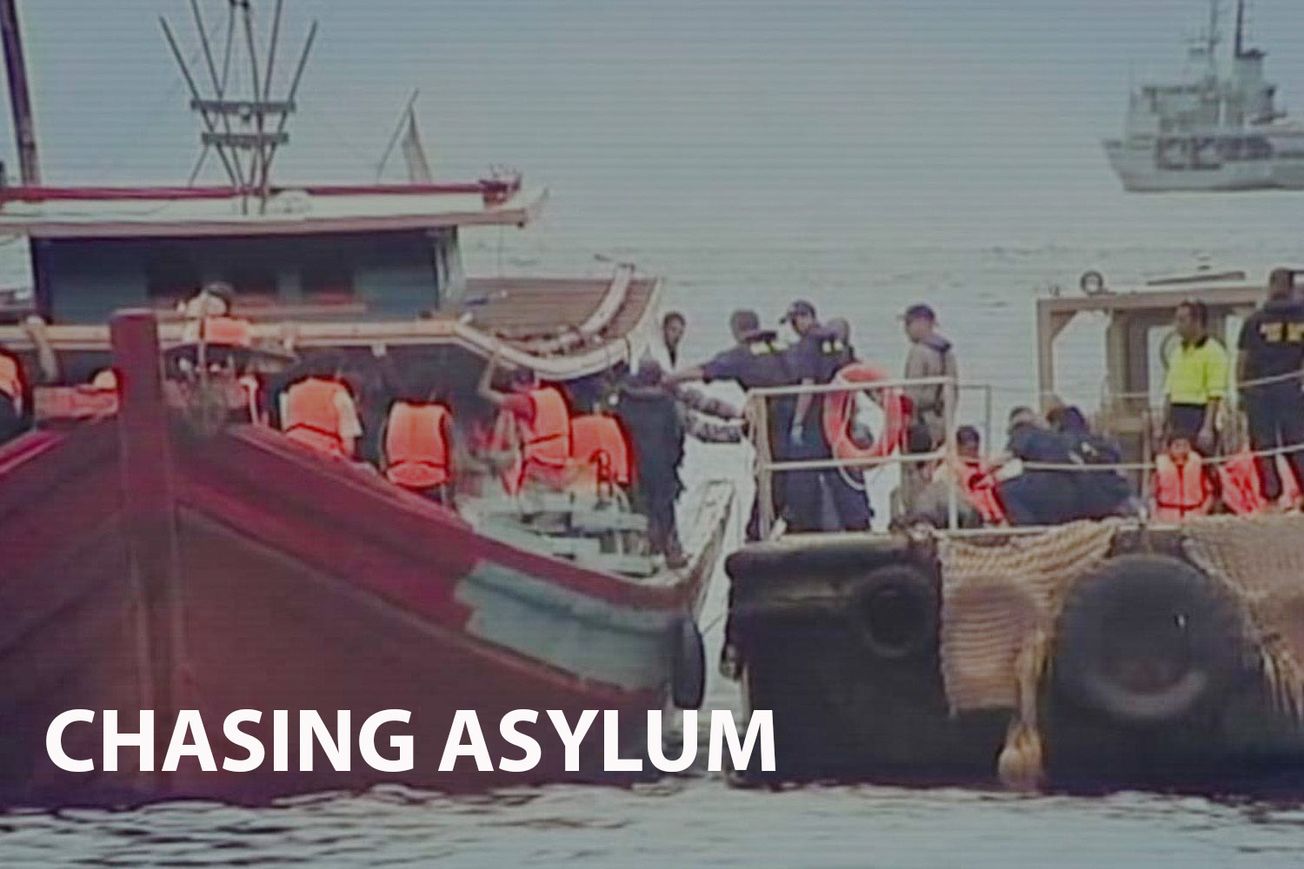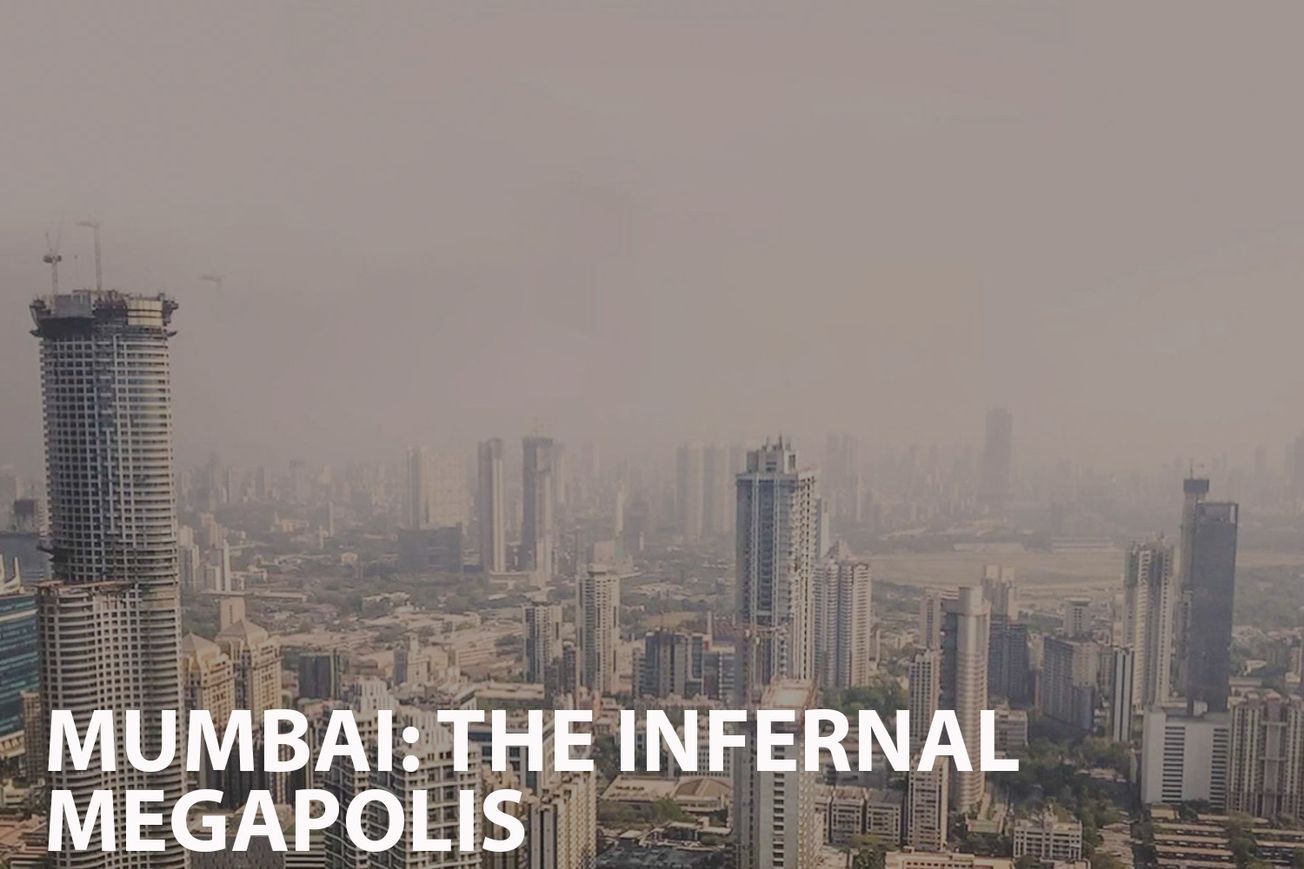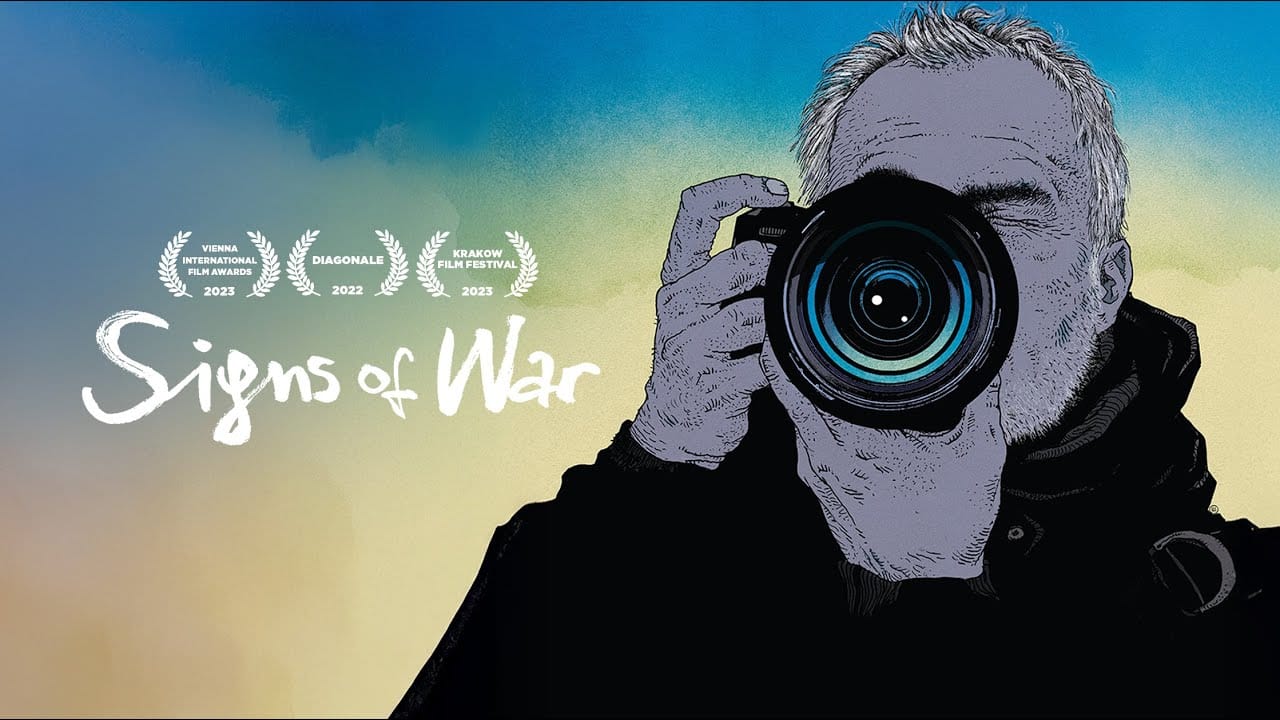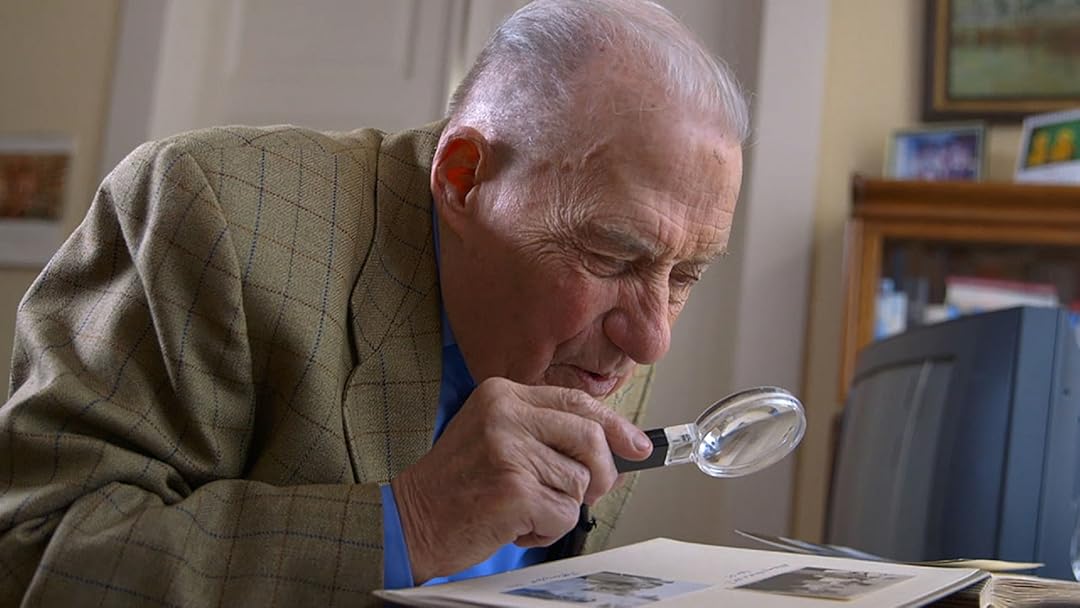Keywords: Australia, offshore detention, asylum seekers, immigration policies, whistleblowers, human rights. Three-Word Summary: Enlightening, Disturbing, Revealing
Introduction
'Chasing Asylum', directed by Eva Orner and released in 2016, is a hard-hitting, eye-opening documentary that exposes the harsh reality of Australia's offshore detention policies. Given the escalating refugee crisis and debates around immigration policies worldwide, this film is alarmingly relevant today.
Synopsis
'Chasing Asylum' presents the grim impact of Australia's offshore detention policies through personal stories of asylum seekers and whistleblowers. The documentary uncovers the brutal conditions that these individuals are subjected to, revealing a side of the immigration discourse often left unaddressed.
More Film Analysis
Analysis
The film takes an investigative approach, supported by in-depth research and an intimate exploration of the subject. The presentation style is raw and unfiltered, offering a stark contrast to the polished narratives often promoted by governments.
Historical and Factual Context
Australia's offshore detention policies have been a point of contention since their inception in 2001, with numerous reports of human rights abuses. For further understanding, the Australian Human Rights Commission provides detailed information on the subject.
Key themes in the film
- Human rights violations: The documentary exposes the infringement of basic human rights that occur within detention centres.
- Policy versus humanity: The film questions the morality of policies that dehumanise individuals seeking asylum.
- The power of whistleblowers: 'Chasing Asylum' showcases the crucial role whistleblowers play in bringing truth to light.
Film Comparisons
Unlike other films on iWonder that explore immigration, 'Chasing Asylum' focuses specifically on Australia's offshore detention policies, offering a unique perspective.
Noteworthy Moments
One particularly shocking moment involves a whistleblower revealing the daily horrors within the detention centres.
Reviews
The film has been well-received, with an IMDB score of 7.2. Critics have lauded it as a "must-watch" and "deeply unsettling".
Conclusion
'Chasing Asylum' is an important film that sheds light on the grim realities of immigration policies. It is highly recommended for those interested in human rights and immigration issues.
More film information:
FILM SUMMARY
- IMDB Score: 7.2
- Awards: 1 win & 4 nominations
PERSONALITIES
- Eva Orner: The director and producer, known for her fearless storytelling.
- Whistleblowers: Individuals who courageously exposed the conditions within detention centres.
LOCATIONS
- Australia: The country implementing the offshore detention policies.
- Offshore Detention Centres: The main focus of the film, located in remote islands around Australia.
Key Questions Raised by the Film
- Are immigration policies prioritising national security over human rights?
- What is the responsibility of the international community in addressing such issues?
Links for Further Exploration
I wonder what the film would be in another art form



- A famous book, it would be '1984' by George Orwell - both expose disturbing realities hidden from public view.
- A famous song, it would be 'Where is the Love?' by Black Eyed Peas - questioning the lack of humanity in our world.
- A famous piece of art, it would be 'The Raft of Medusa' by Théodore Géricault - both depicting human suffering and desperation.
- A famous celebrity, it would be Angelina Jolie - known for her humanitarian work, particularly with refugees.
- A colour, it would be grey - representing the bleak and harsh conditions faced by asylum seekers.
- A music style, it would be protest music - as it challenges and criticises societal norms and injustices.








